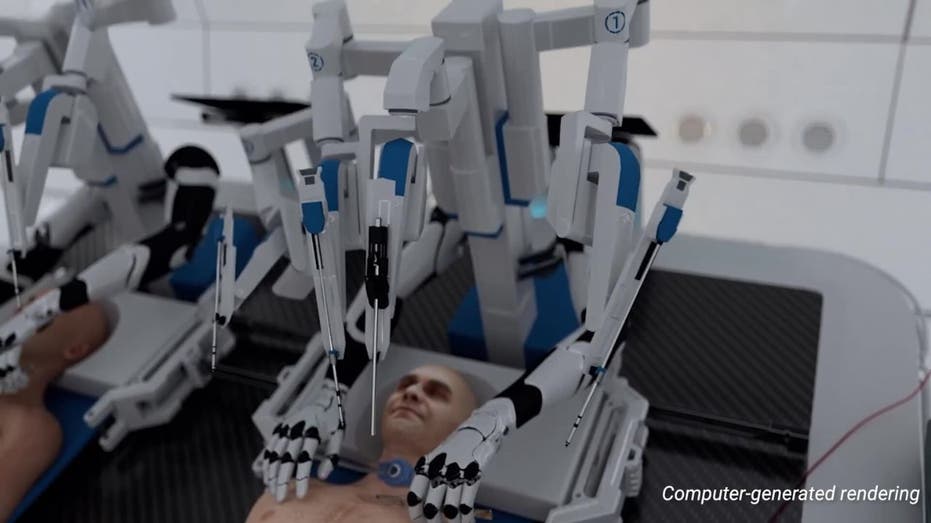In the realm of viral videos and speculative science, a recent internet sensation has reignited debates on the boundaries of medical ethics and the pursuit of radical life extension. The controversial video depicting a theoretical “head transplant machine” called BrainBridge has captivated audiences with its futuristic yet unsettling concept of swapping heads onto new bodies. While the footage may seem like a scene from a science fiction movie, its underlying implications have sparked discussions on the feasibility and morality of such a procedure.
The mastermind behind this viral sensation, Hashem Al-Ghaili, a renowned science communicator and filmmaker, has crafted a narrative that blurs the lines between reality and fiction. Known for his previous work on “EctoLife,” which featured artificial wombs, Al-Ghaili’s BrainBridge video raises provocative questions about the intersections of technology, medicine, and morality.
Although BrainBridge is not a real company, the video serves as a symbol of a controversial movement gaining traction among some proponents of life extension – head transplantation, or as it is sometimes referred to, “body transplantation.” The allure of bypassing aging by transferring one’s head onto a younger, healthier body presents a tantalizing promise for those seeking to defy the limitations of mortality.
However, the concept of head transplantation is not without its ethical and practical complexities. Questions surrounding the sourcing of donor bodies, the allocation of resources, and the implications of such a procedure on individual identity and societal norms have emerged as key points of contention. While opponents decry the idea as “disgusting” and “immoral,” proponents argue that it could offer a potential solution to the challenges of aging and disease.
The public reaction to the BrainBridge video underscores the profound impact of speculative narratives on our perceptions of scientific advancement and the boundaries of human ingenuity. While the video may be a work of fiction, it has prompted important discussions about the ethical considerations and societal implications of pushing the limits of medical technology in the pursuit of longevity.
As the debate continues to unfold, one thing remains clear – the intersection of science, ethics, and technology will continue to challenge our understanding of what is possible and force us to confront the ethical dilemmas inherent in the quest for radical life extension.

